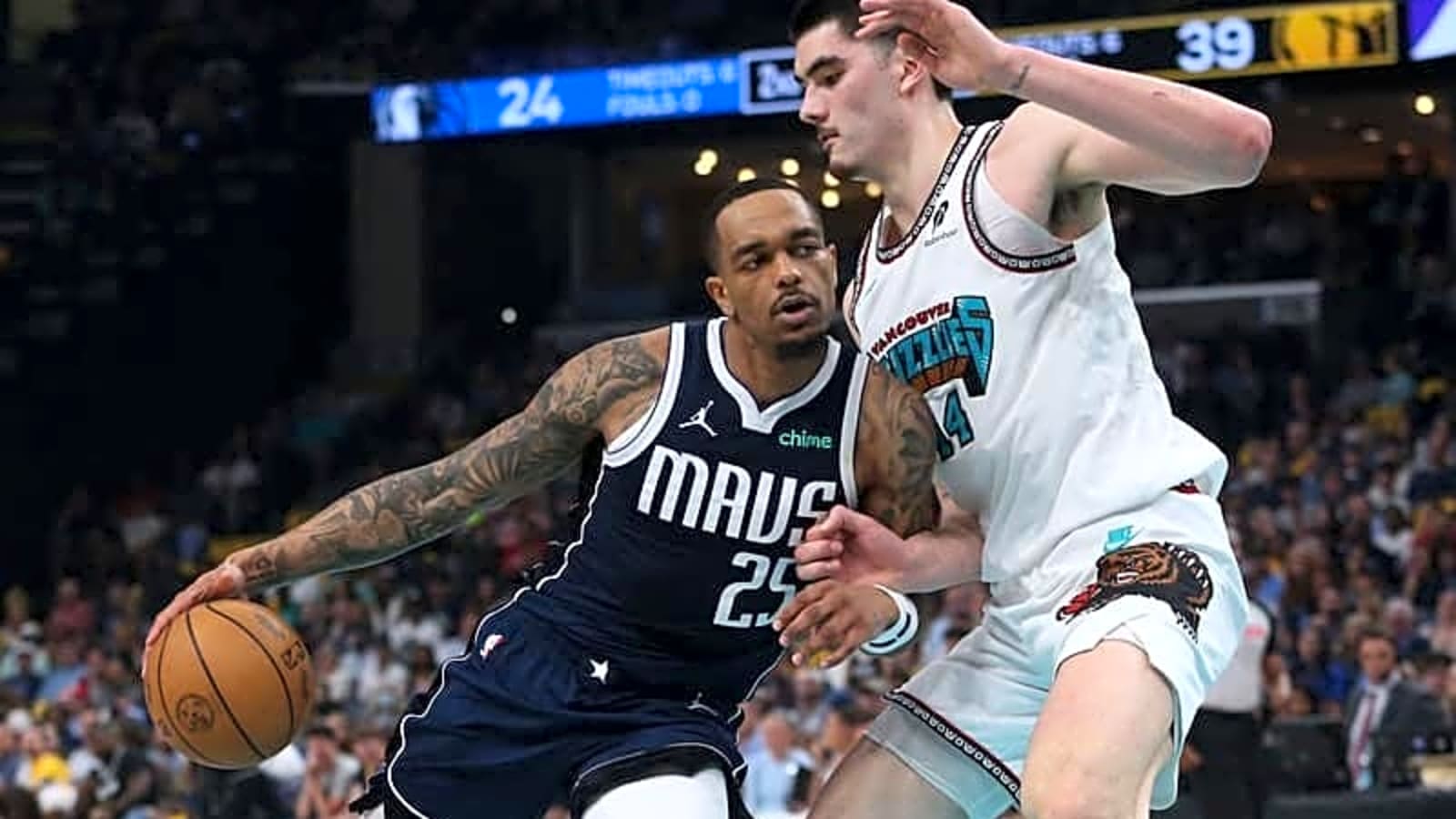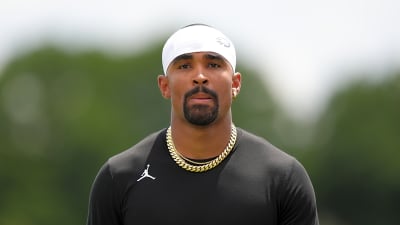
The Dallas Mavericks have found themselves in a dilemma. P.J. Washington became extension-eligible on August 29, yet here we sit with no ink on paper and growing anxiety among Mavericks faithful. What started as routine business has evolved into something unsettling for a franchise still reeling from years of missed opportunities.
Washington isn’t just another role player—he’s the guy who helped transform this team from playoff hopeful to Finals contender. When the Dallas Mavericks acquired him at the 2024 trade deadline, something clicked. The kid from Dallas-Fort Worth came home and immediately fit like a missing puzzle piece, providing the two-way impact that had been sorely lacking.
The Numbers Game Behind Washington’s Extension
The mathematics here tells a complex story. Washington can sign a four-year extension worth up to $90 million, but that maximum deal comes with serious strings attached. Under current NBA rules, signing for the full amount would make him untradeable for the entire 2025-26 season—a restriction that could handcuff the Dallas Mavericks’ front office.
Here’s where it gets interesting from a strategic standpoint. The Mavericks could offer Washington a more modest four-year, $73.2 million extension that would keep him tradeable. This approach mirrors what they did with Daniel Gafford, structuring the deal with a 15% increase in the first year and 5% bumps thereafter.
But asking Washington to leave $17 million on the table? That’s not just money—that’s generational wealth we’re talking about. Any agent worth his salt would advise against such a move without compelling reasons.
Why the Delay Should Concern Dallas Mavericks Fans
The extended silence raises uncomfortable questions about the organization’s priorities and Washington’s future in Dallas. Two scenarios seem most likely, and neither provides complete comfort for fans who’ve watched this franchise struggle with roster management for years.
First possibility: both sides have already agreed to terms near that $90 million figure, and they’re simply working through paperwork and timing details. This would be the best-case scenario, suggesting the Dallas Mavericks view Washington as an untouchable core piece alongside Anthony Davis and Kyrie Irving.
Second possibility: the front office wants the flexibility of a tradeable contract, while Washington’s camp is holding out for maximum money. This creates a standoff that could drag into the regular season or, worse, force the team to revisit the situation closer to the trade deadline.
The Emotional Investment Factor
What makes this situation particularly gut-wrenching for Mavericks supporters is Washington’s personal connection to the area. Growing up in the Dallas metroplex, he embodies everything fans want in a homegrown hero. His playoff performances last season weren’t just statistically impressive—they carried the emotional weight of someone playing for more than just a paycheck.
The fanbase has endured enough heartbreak watching talented players slip away due to front-office miscalculations. Losing Washington would feel like another organizational failure, especially given how seamlessly he’s integrated into the team’s championship aspirations.
Long-Term Implications for Dallas
The Dallas Mavericks find themselves in salary cap purgatory, operating well above luxury tax thresholds with limited flexibility. In this environment, extending players becomes less about immediate roster construction and more about asset preservation. A signed Washington represents trade ammunition down the road, even if the organization never intends to move him.
This reality makes the delay even more puzzling. Extension-eligible players typically sign quickly when both sides recognize mutual benefit. The prolonged negotiations suggest either significant philosophical differences about Washington’s value or complex maneuvering around salary cap implications.
More must-reads:
- Clippers owner denies any wrongdoing in Kawhi Leonard's deal with Aspiration
- Nets star's bold move could set major precedent in the NBA
- The 'NFL 2025 Week 1 starting QBs' quiz
Breaking News
Trending News
Customize Your Newsletter
 +
+
Get the latest news and rumors, customized to your favorite sports and teams. Emailed daily. Always free!








